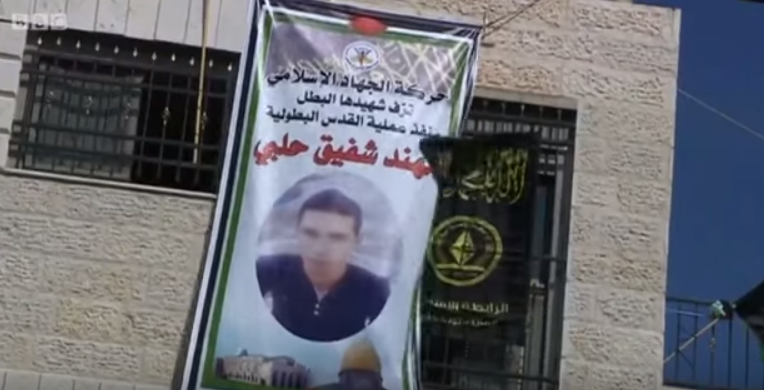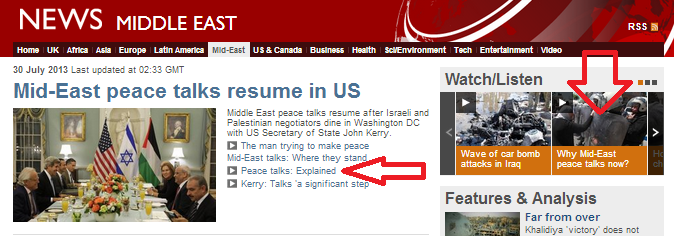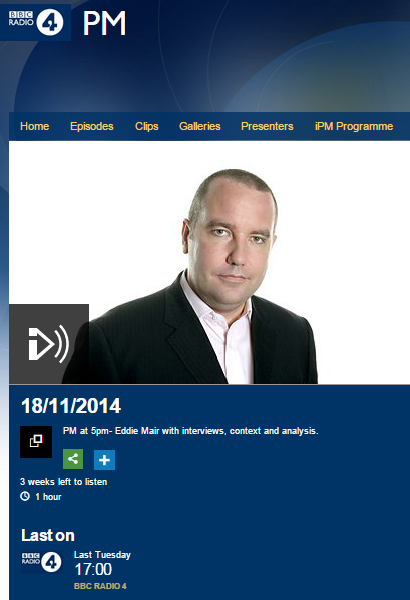On June 27th two items relating to the same topic appeared on the BBC News website’s ‘Europe’ and ‘Middle East’ pages:
“OPCW chemical watchdog gains power to assign blame“
“Chemical weapons: New watchdog powers an important step” by Jonathan Marcus
In his article diplomatic correspondent Jonathan Marcus points out that:
“Until now, chemical weapons inspectors, working under the auspices of the OPCW (the Organisation for the Prohibition of Chemical Weapons) were in a curious position.
They could send teams to an alleged chemical weapons attack. They could take samples and draw their conclusions. They could determine whether indeed a chemical weapons incident had occurred.
But whatever evidence they turned up, they could not point the finger at a particular country or non-state actor as the perpetrator. […]
One way of getting around this was the so-called Joint Investigative Mechanism – a concerted effort by the OPCW and the UN to investigate some of the alleged chemical attacks in Syria.
In difficult conditions this did indeed investigate alleged chemical attacks in Syria and found sufficient evidence to determine that the Syrian Arab Armed Forces (President Bashar al-Assad’s troops) were responsible for three chemical weapons attacks in 2014 and 2015, and that the Syrian regime was responsible for the Sarin nerve agent attack in April 2017 in Khan Shaykhun.”
Despite that accurate portrayal by Marcus of the findings concerning some of the past chemical attacks in Syria, curiously the BBC News website chose to tag both those articles “Suspected Syria chemical attack”.
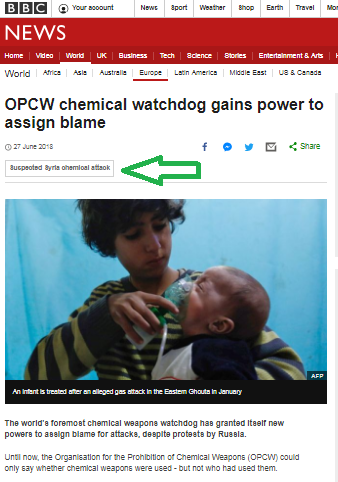
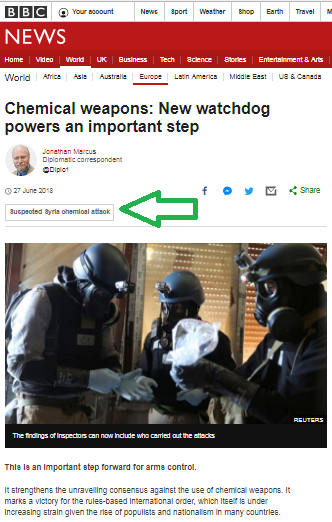
A look at all the BBC reports appearing under that tag shows that it was created shortly after the chemical weapons attack in Douma on April 7th 2018 to which the US, the UK and France subsequently responded with strikes on Syrian government chemical weapons sites. Obviously the French, British and American governments considered the evidence convincing enough to justify those strikes but nevertheless, some of the articles appearing under that tag continue to amplify unsupported Syrian and Russian claims – for example:
“Russian Foreign Minister Sergei Lavrov has told BBC News the allegations of chemical weapons use were “based on media reports and social media” and that the incident was “staged”. […]
The [Syrian] government denies using chemical weapons and says the attack was fabricated.” (BBC News website, April 18th 2018)
“The US, UK and France say that, based on open-source information and their own intelligence, they are confident chlorine and possibly a nerve agent were used.
The Syrian government and Russia deny chemical weapons were used and say evidence was fabricated.” (BBC News website, April 21st 2018)
“Syrian opposition activists, rescue workers and medics say more than 40 people were killed in a suspected chemical attack on the Syrian city of Douma in April.
France said it had “proof” that “chemical weapons were used – at least chlorine – and that they were used by Bashar al-Assad’s regime”.
The Syrian government denied the allegation. And its key ally Russia said it had “irrefutable evidence” that the incident had been “staged” with the help of the UK.” (BBC News website, June 26th 2018)
As we see the BBC continues its policy of promoting false balance in the form of claims from Syria and Russia – despite both those governments having been shown to have lied about previous chemical attacks. In contrast, the New York Times recently published the findings of an investigation it conducted into the Douma attack.
Readers can judge for themselves which approach – proactive investigative reporting or box-ticking uncritical amplification of unsubstantiated claims – best serves the interests of the public to whom the BBC is obliged to deliver “accurate and impartial news, current affairs and factual programming of the highest editorial standards”.
Related Articles:
Why does the BBC describe the Khan Sheikhoun chemical attack as ‘suspected’?
Despite evidence, the BBC won’t let go of Assad propaganda


